We work closely with at-risk populations to study the impact of extreme weather events and the changing climate on lives and livelihoods around the world. In collaboration with women workers from India’s informal labor economy, we are quantifying the impact of heat and humidity on human health and wages and co-creating toolkits with these communities to measure the efficacy of proposed adaptation interventions. Our policy and education work spans global audiences.
Our team at the South Asia Climate Adaptation Cluster is the inaugural recipient of Harvard’s university-wide Salata Institute Climate Cluster grant.
Dr. Balsari directs Harvard’s tri-institute Climate and Human Health physician fellowship at Beth Israel Deaconess Medical Center, C-Change, and the FXB Center for Health and Human Rights.
Research
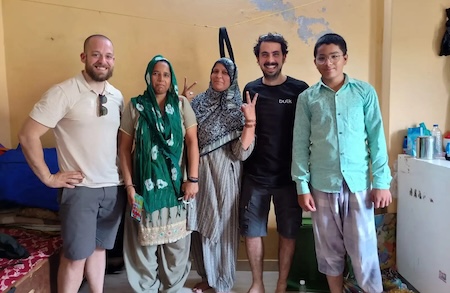
Community HATS
The Community HATS (Heat Adaptation and Treatment Strategies) project quantifies the impact of heat and humidity in the microenvironments of the poor—both at home and at work—on their health, well-being, and wages.
This first-of-its-kind study will track nearly 1,000 women for over a year, measuring the effects of prolonged heat exposure on human physiology, mental health, education, and work capacity, resulting in the largest such database in the world, which will be made publicly accessible.

Landscape Analysis of Climate Adaptation Action in South Asia
As an inaugural project of Harvard’s Salata Institute for Climate and Sustainability, this initiative—co-led by faculty from Earth and Planetary Sciences, Business, Medicine, and Public Health, in collaboration with civil society organizations and academic institutions from India and Bangladesh — seeks to map adaptation interventions to heat and extreme weather events across India and Bangladesh.
Digital Tools
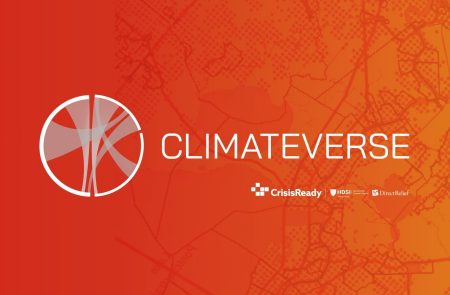
Climateverse
Access to high-quality data is crucial for crafting effective climate change interventions. However, the communities most at risk often lack access to the information needed to make informed decisions.
Climateverse addresses data quality, access, and usability by providing an open-access repository of curated climate datasets. By leveraging Large Language Models and Generative AI, Climateverse lowers barriers to data access and use.
Policy
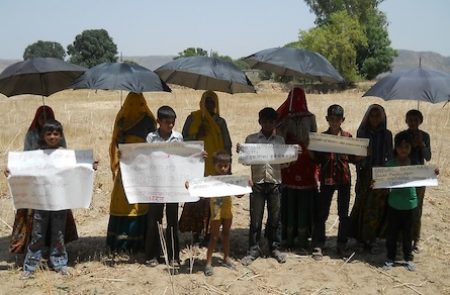
Heat Conference in New Delhi
Heatwaves are becoming more frequent and intense across the Global South, particularly in South Asia, impacting health, labor, agriculture, and the environment. Knowledge gaps hinder effective planning, limiting efforts to protect populations in both the short and long term. Addressing climate-driven disruptions in living conditions, commuting, work, food production, and displacement requires interdisciplinary solutions.
To accelerate research and policy efforts, the Heat Conference, hosted by Harvard’s Lakshmi Mittal and Family South Asia Institute, will convene in New Delhi in March 2025, bringing together at-risk communities, civil society, corporations, and experts to advance actionable climate adaptation strategies.
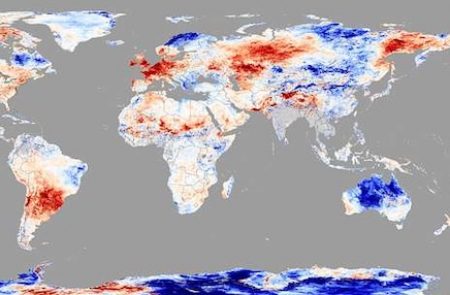
No Ordinary Heatwave
In collaboration with the National Foundation of India, the Community Science Alliance, and the India Meteorological Institute, our team produced a popular educational video on heat stroke awareness and personal protection, titled Yeh Garmi Nahin Hain Aam (This is no ordinary heat).
The video was first shared at COP28; then disseminated by the Indian Meteorological Department via their social media channels during the heatwaves of 2024. This release was accompanied by an op-ed in the Indian Express, “First, understand that this is no ordinary heatwave.”

Adapting to Climate Change in South Asia and West Africa Workshop
In November 2023, various institutes at Harvard University, including the Lakshmi Mittal and Family South Asia Institute, the Salata Institute for Climate and Sustainability, and the FXB Center for Health and Human Rights, conducted a three-day workshop on the severe impact of climate change in South Asia and West Africa.
The workshop examined preliminary findings from climate adaptation research initiatives in both regions. Key topics included assessing regional capacities, identifying stakeholders, and enhancing climate preparedness at the local, regional, and international levels through cross-regional strategy exchange.
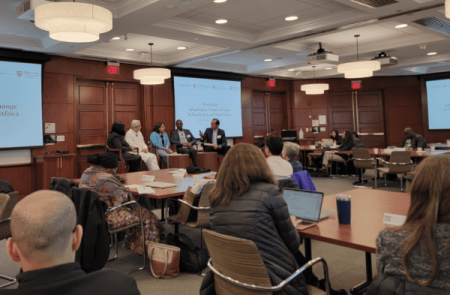
Policy Brief on Climate Change
Ahead of COP28, findings from the Mittal Institute’s inaugural climate conference in March 2023 and a climate adaptation workshop on South Asia and West Africa, held in Cambridge in November 2023, were published as a policy brief, Climate Change in South Asia: Requisites for a Sustainable Future.
The policy brief outlined the need to prioritize at-risk communities, plan for various time horizons in implementation projects, and foster climate consciousness through accessible knowledge dissemination.
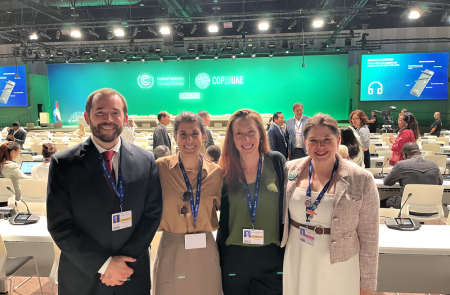
Climate and Human Health Fellowship
Our intensive two-year program includes a master’s degree in public health or public policy at Harvard University, internships at external organizations and agencies, opportunities for advocacy engagement, and training to lead independent research at the intersection of climate change, human health, and policy.
Mentorship is provided by an interdisciplinary team of faculty from across Harvard.
Climate Adaptation in South Asia Research Cluster
This project, backed by Harvard’s Salata Institute for Climate and Sustainability, focuses on enhancing climate adaptation at multiple levels in South Asia, particularly regarding climate-related migration. The team will collaborate with partners to develop and scale diverse climate adaptation strategies, such as health, technological, and policy solutions. These strategies are designed to address challenges posed by droughts, floods, and sea-level rise, ranging from habitat modifications to disease surveillance and comprehensive insurance and response plans for climate-induced disruptions.
Team leads: Professors Caroline Buckee, Peter Huyber, Tarun Khanna, Jennifer Leaning, Dan Schrag, and Satchit Balsari.